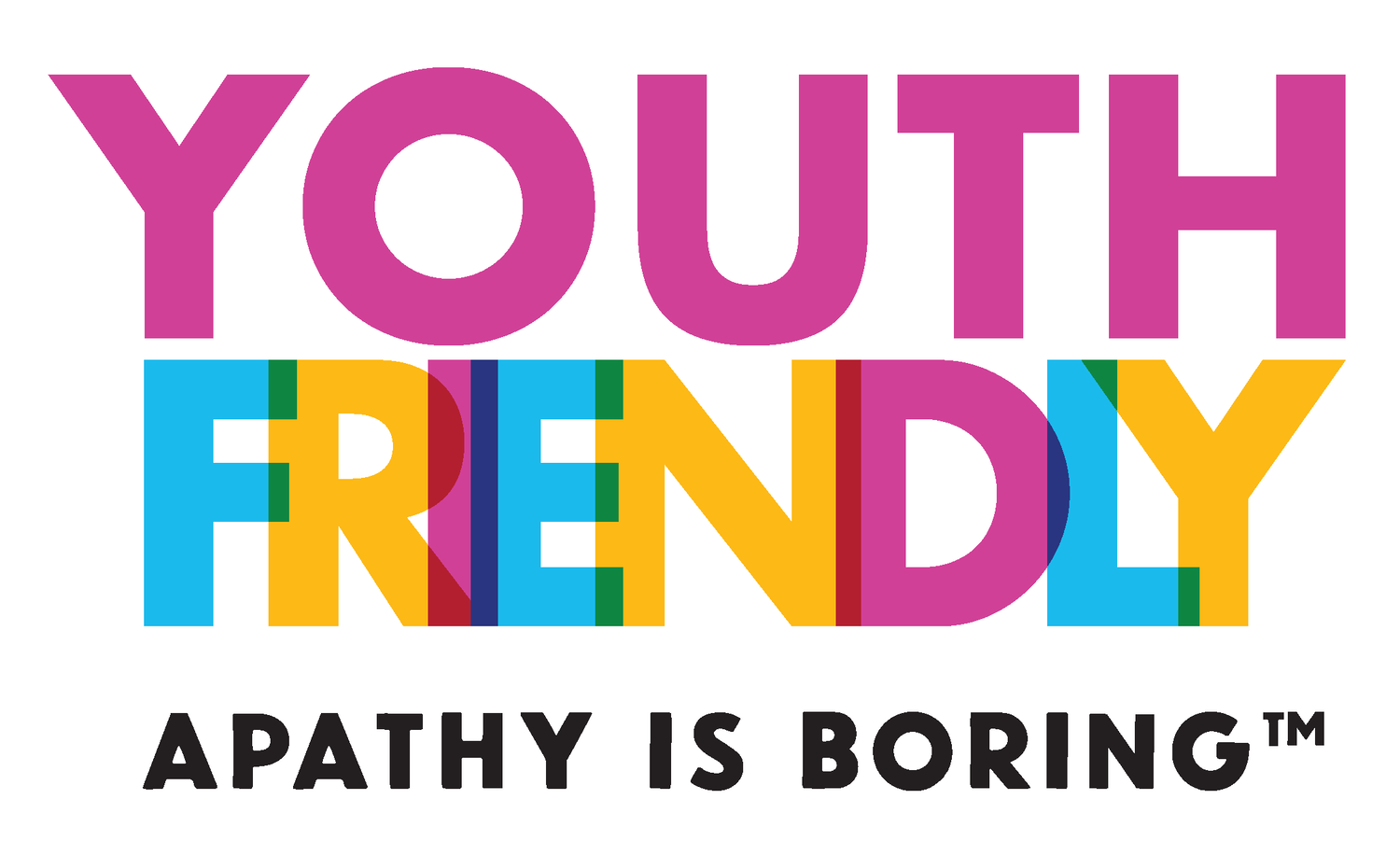It’s Black History Month: “Actions Speak Louder Than Words”
AWYF's Youth Leadership Training in North York before the pandemic
“Black History Month is a time of celebration,” says Tiaraoluwanimi Esan, a youth member of the Afro Women and Youth Foundation (AWYF). The Ontario-based non-profit organization works to empower immigrant women and youth of African origin through advocacy, mentorship and leadership development. While Black History Month is about honouring the impact and contributions of the Black community, it’s also a critical time for non-Black people to get to work. Learning about Black history is important, but it also matters how you use this knowledge to inform how your organization operates today.
Below, Youth Friendly spoke with four young people from AWYF about what Black History Month means to them, the importance of implementing racial justice in Canadian systems, and how your organization can be more welcoming to Black and immigrant youth.
What does Black History Month mean to you?
Idiakhosa Onaiwu-Osayi: Though many people see Black History Month as a period to focus more on anti-racism efforts, I see it as more than that. To me, Black History Month is a time to advocate against racism; a time to celebrate the achievements of Black people today. I see many people talk about how Black people fought in the world wars and have helped the country. As much as I believe this strengthens our hopes and increases our strength to fight, I know that we are more than the history that came before us. So let’s focus on Black people making contributions today, Black businesses that influence the way we live, our art, food, and culture. To me, this is Black History Month: a month to celebrate all things Black, not just the history before but the history we are rewriting and the ones we will continue to write.
Tiaraoluwanimi: Black History Month to me means acknowledging and appreciating Blackness in all aspects of society. It is giving Black creators, inventors, and influencers recognition and the credit they deserve. It is a reminder of how influential Black culture is in society and despite how much suffering and pain our past holds we still find a way to embrace our once forbidden culture. Black History Month is a time of celebration.
How do you think organizations can make their spaces safer for Black youth?
T.S.F: Organizations can make their spaces safer for young people when they develop core values, anti-racism, anti-discriminatory policies to be upheld in their spaces to ensure that everyone enjoys the same benefits [and supports]. Black people’s ideas should also be warmly accepted because they will benefit the organization.
O.E: I think organizations can do this by first diversifying their [environments. Black youth might feel more comfortable if they see other Black youth in the organization. Representation matters! Secondly, organizations can create 'grievances' departments where Black youth can always go if they feel they have experienced any form of discrimination.
How do you think organizations can make their spaces safer for young people who are immigrants?
O.E: I think organizations can do this by creating a welcome program, and during this welcome program, immigrants can be educated on the culture of that organization. I think people feel safer in a [space] when they know more about [the environment they’re in].
Idiakhosa: Most immigrants have many questions and there are certain things we do not know because everything is new to us. So, if organizations can be patient with immigrants and be open to answering their questions without bias or judgment, I am sure this will be very helpful. I have [also] noticed that many immigrants are mocked for their accents. It has become rampant in workplaces, schools, and even institutions that should be of help. I find it unfair that the way a person speaks affects the way they are treated. If more organizations could notice this bias, I know they will be able to curb it.
How can organizations meaningfully advocate for racial justice?
T.S.F: First of all, understand the systemic racism and socio-economic disadvantages that have brought insecurity and financial instability to many Black people. Amplify the voices of people of colour, and support community projects. Black people need [non-Black] people to stand up and take on the problems borne of oppression as their own. Participate actively by donating to support racial justice campaigns.
Idiakhosa: Organizations can meaningfully advocate for racial justice by speaking up and acting. It is more than a “Black Lives Matter” sign written at the bottom of your website. It is standing up when it happens in the community, posting about it, working with charities that concern themselves with racial justice, and ensuring it does not occur within your organization.
Have you had any experiences where you’ve felt safe and welcomed in an organization or space? Can you tell me about it?
Tiaraoluwanimi: A new diversity club recently started at my school and I have never felt more comfortable at school. Sometimes we talk about serious issues, like recent hate crimes that have been caught on camera and are trending on the internet, and other times, we just hang out and enjoy each other's company.
Idiakhosa: I have felt safe and welcomed in many organizations, but none has ever reached the level of Canadian public libraries. Libraries have so many inclusive activities and as an immigrant, it helped me find a place to fit in because finally I found an organization with various activities I could choose from, and I always found something I am passionate about. I currently volunteer with my public library, and it is fulfilling to say that I have graduated from just reading books and enjoying the activities rendered to now doing something for my community.
Interviews have been edited and condensed for clarity.

